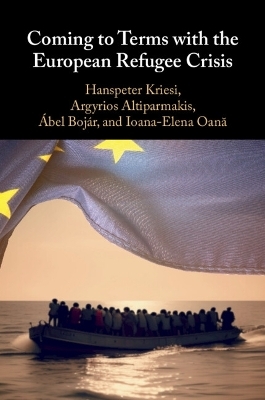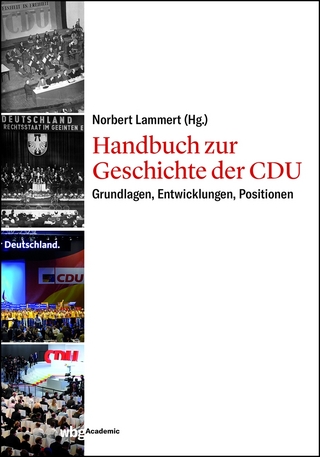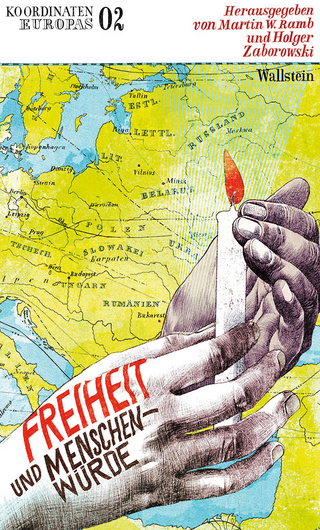
Coming to Terms with the European Refugee Crisis
Cambridge University Press (Verlag)
978-1-009-45652-4 (ISBN)
The refugee crisis which hit the European Union and its member states during 2015–16 was just one in a series of recent crises, but perhaps the most critical for the EU's resilience. This book shows how policymakers in the EU polity have tried to come to terms with it. To explain how they reacted to the crisis domestically and jointly at the EU-level, the study relies on an original method to analyze political processes. It argues that the policy-specific institutional context and the specific crisis situation, defined in terms of asymmetrical problem and political pressure, largely shaped the crisis response. The authors suggest that the way in which the refugee crisis was managed has resulted in conflicts between member states, which have been further exacerbated in subsequent crises and will continue to haunt the EU in times to come. This title is also available as Open Access on Cambridge Core.
Hanspeter Kriesi is part-time professor for comparative politics at the European University Institute in Florence, where he previously held the Stein-Rokkan Chair. Together with colleagues from the LSE and the University of Milano, he is currently working on the SOLID ERC Synergy project on the impact of the recent multiple crises on the resilience of the European Union. Argyrios Altiparmakis is a research fellow at the European University Institute in Florence and is currently working on the SOLID ERC Synergy project. Ábel Bojár is the research director of 21 Research Center, a Budapest-based political research organisation and opinion polling company. He was a previous member of the SOLID ERC Synergy project. Ioana-Elena Oană is a research fellow at the European University Institute and is currently working on the SOLID ERC Synergy project.
Part I. The Refugee Crisis in the EU and its Member States: Our Approach in Context: 1. Introduction; 2. Theoretical framework; 3. Design of the study; 4. Crisis situation – policy heritage, problem pressure and political pressure; 5. The variety of policy responses at the EU- and national level; Part II. Policy-Making: Actors and Conflict Structures: 6: Conflict lines in the member states; 7. Actors and conflicts at the EU level; 8. Government composition and domestic conflicts; 9. Framing the refugee crisis on the right; Part III. The Dynamics of Policy-Making: 10. The drivers of elite support in the refugee crisis; 11. Dynamics of politicization of policy-making between polity levels; 12. Dynamics of policy-making in the EU-Turkey agreement; Part IV. Outcomes and Conclusion: 13. Policy-specific conflict configurations on the demand side; 14. The electoral consequences of the refugee crisis; 15. Conclusion; References.
| Erscheinungsdatum | 30.01.2024 |
|---|---|
| Zusatzinfo | Worked examples or Exercises |
| Verlagsort | Cambridge |
| Sprache | englisch |
| Maße | 151 x 228 mm |
| Gewicht | 630 g |
| Themenwelt | Sozialwissenschaften ► Politik / Verwaltung |
| Sozialwissenschaften ► Soziologie | |
| ISBN-10 | 1-009-45652-0 / 1009456520 |
| ISBN-13 | 978-1-009-45652-4 / 9781009456524 |
| Zustand | Neuware |
| Haben Sie eine Frage zum Produkt? |
aus dem Bereich


